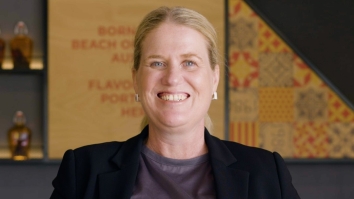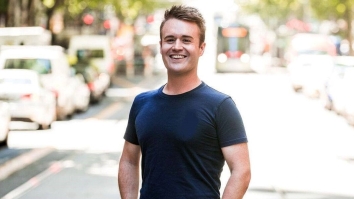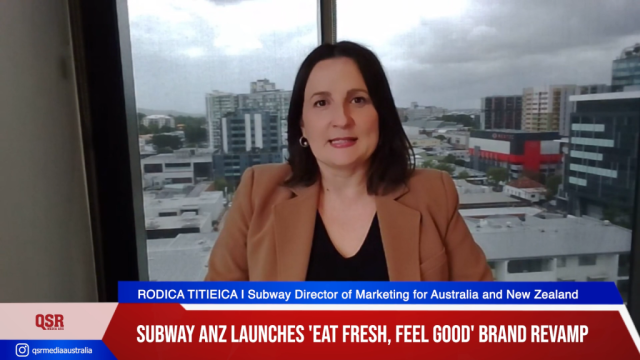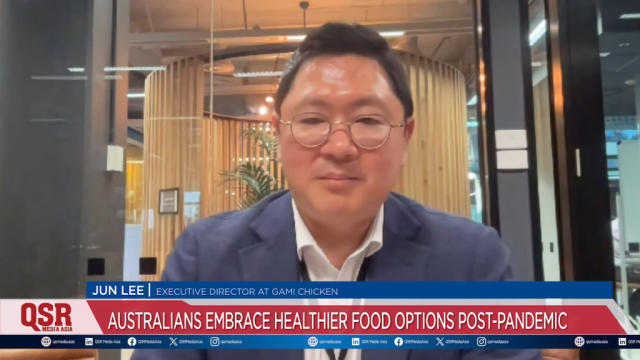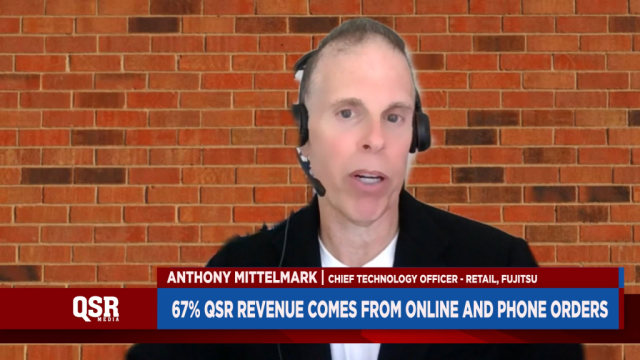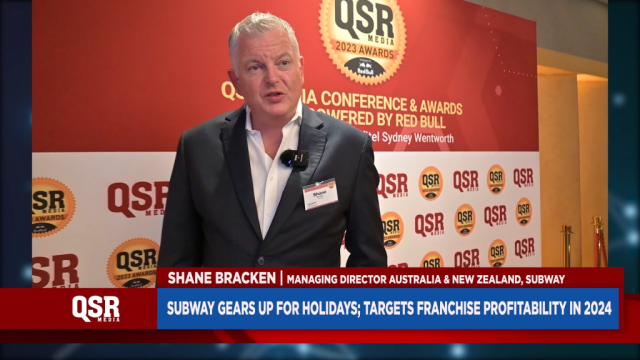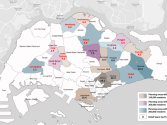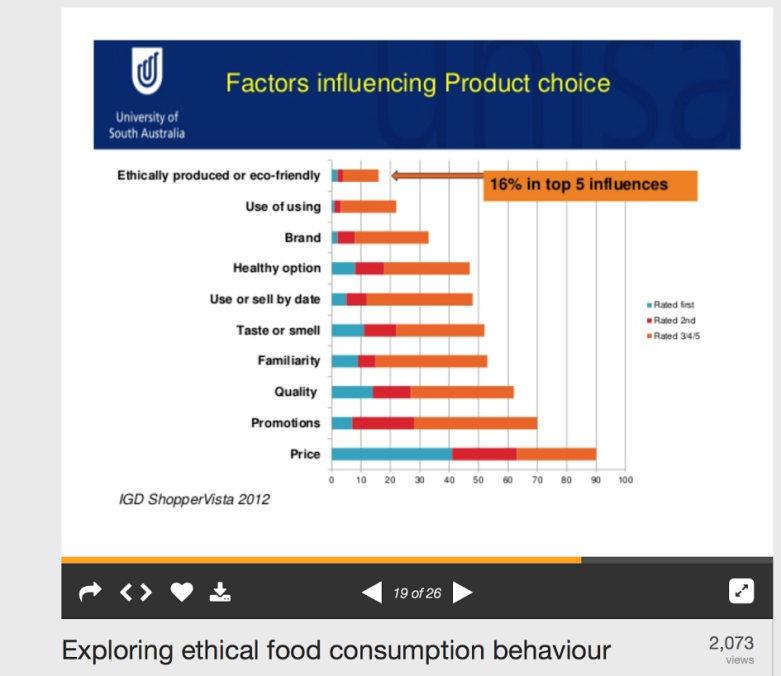
A consultant's thoughts on the ethical dollar in QSR
Nicole Venter, Consumer Strategy - Digital - Retail Specialist at Retail Oasis shares her thoughts on the issue.
As a strategist, but also a consumer who has constantly battled the ethical eating debate…fluxing between veganism, vegetarianism, organic vs. sustainable purchases (almost monthly), the issue of Ethical Eating and therefore Ethical Dollars spent on QSR is certainly a topic of great interest and one I am seeing QSR’s take on to varying degrees of success.
Overall 5-10% of the world's food and beverage category sales are estimated to be spent on ethical food, with the average Australian claiming they buy at least 1 organic item a week, resulting in about 1% of total F&B sales. Not significant, but when you find out this is growing exponentially at 10% p.a. predicted for organics and 50% p.a. for fairtrade in 2015…this is not a trend to take lightly. [Source: Aus. Govt. Rural industries research & development corporation – Ethical Foods report RIRDC Publication No. 11/147]]
Already, QSR and F&B brands like Chipotle, Better Burger NYC, B.Good in Boston and fun one off offer restaurants like Bishop Sessa (NSW) or Co-op Dining (WA), are making it clear being ethical is not just a one off menu trend, but is about re-shaping your entire business around an idea of sustainability…from the food you produce, to the seats and containers used to serve the consumer. While QSR’s were arguably built on “Fast and Friendly” grease in a polystyrene box, Australians today demand (and in particular the Millennials expect), that the larger the organisation, the larger the social responsibility…which is seeing re-invention of the QSR offer to embrace more than just the 'over priced organic menu', but instead bigger picture sustainable retailing.
However while Millennials are certainly helping to drive this trend, its 30 something females that are seen as the biggest adopters, mainly due to supermarkets broadening the offer and making it convenient and not overly expensive to make the switch. So as these supermarkets continue to broaden categories (e.g. Coles and free range pork labelling) to condition new habits, what are some learnings we are seeing that QSR’s should be thinking about?
- Consider bio-diversity in your menu to cut costs but improve ethical and sustainable sourcing
There are 30,000 edible plants, we eat 7,000 approx, cultivate 120…3 of which make up 50%. Foraging is not a new trend and when recently I saw fried Saltbush on the menu I was delighted at the idea of deep fried salad. So if organics are labelled as expensive and there is a traditional guilt associated with producing organic over feeding the 800million starving people in the world…give the lower budget consumer the opportunity to be ethical with non conventional menu items, often cheaper, maybe grown on your café rooftop and extend to meat offcuts that might otherwise go to waste…or even more sustainable…insects like Billy Kwong has on the menu
- Don’t forget about Access, Availability and Affordability
Habits are hard to change, so while consumers want to embrace ethical food, it still needs to be convenient and if the price is too high, even the best intentions end up closing down (Much like a favourite manly organic café recently, charging $14-$22min for lunch packs…unrealistic as an everyday offer)
- Think about food waste
1/3 of food is wasted in supermarkets, in cafes and by consumers at home. So maximise dollars by using every part of that organic beetroot plant which gives consumers and the retailer a good feeling and tap into trends of snacking and kid friendly snack options that limit portion sizes and wastage
- Consider ethics across your business
Ethical dollar does not just mean organic, or free trade, it means sustainable, environmentally friendly, good staff work practices, RSPCA approved production and low travel miles. Consumers who give the highest kudos to QSRs doing it right, look for ethics being at the heart of the brand, to create a brand vibe that can ignite consumer interest and passion.
- Buy local
Again helps save costs and is environmentally friendly, so support smaller farmers and it could become a point of difference with some retailers growing some of their own produce on rooftops or balconies to add seasonality and fun to the menu like B.Good in Boston.
In summary, while the trend started with organic and free trade, it has rapidly expanded, largely driven by millennials’ eco-mindset as they enter the market in their own right. So now as QSRs leave the polystyrene boxes and miscellaneous meat burgers in the past, in exchange for gourmet sliders and fusion snacks thanks to Australians love of food…its time to continue the evolution and put ethical retailing at the heart of the brand proposition…creating a more meaningful consumer experience and eventually opportunities for better long term business models as internationals and regulators enter the market.






